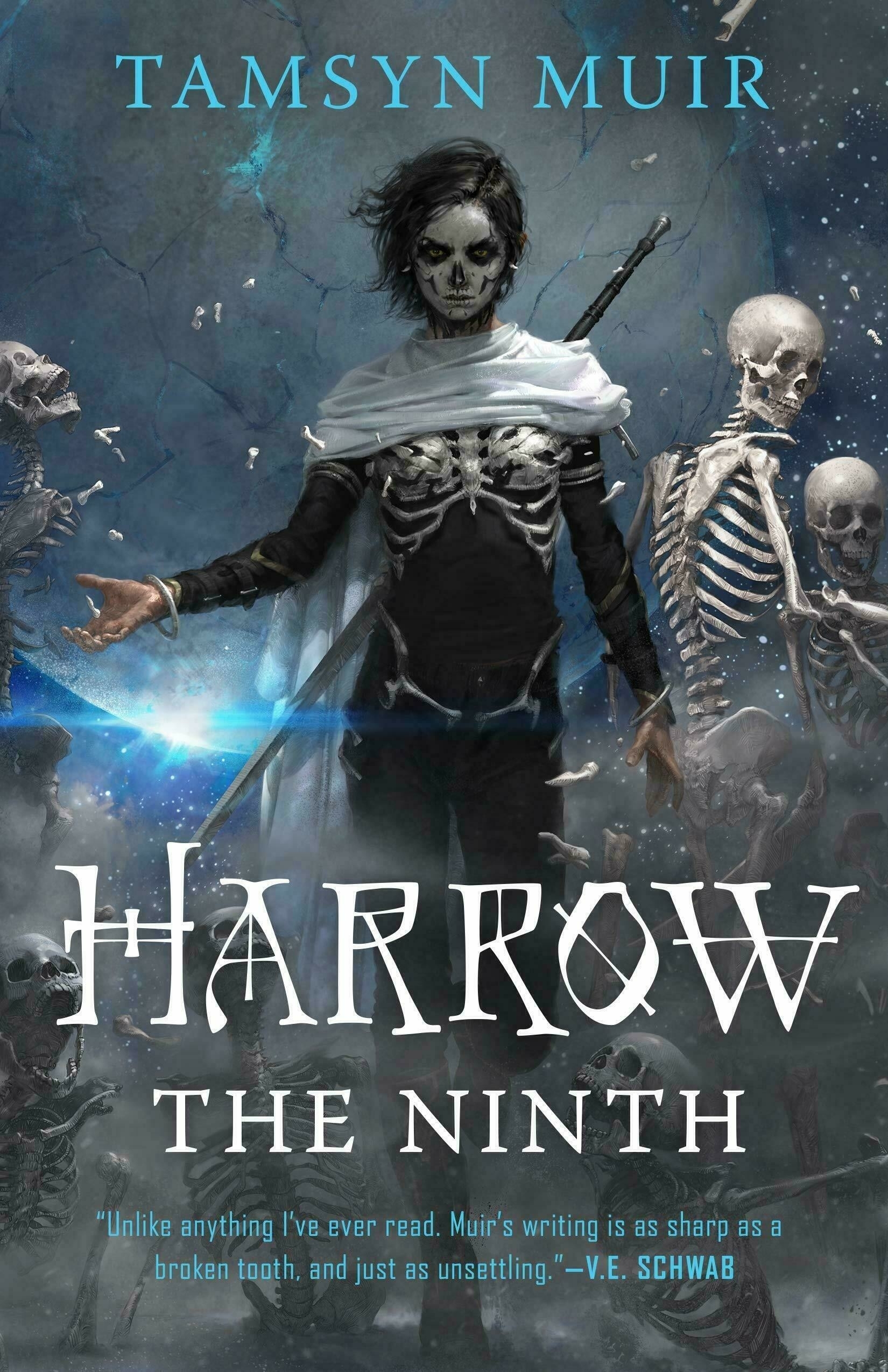Books
📚 Finished reading: Cibola Burn (The Expanse (4)) by James S. A. Corey ⭐️⭐️⭐️⭐️ (fiction)
Finished reading: A Rule Against Murder by Louise Penny 📚 ⭐⭐⭐
Decent spot to start The Backyard Adventurer 📚
Lots of runoff creeks and urban ponds in my “backyard” area.

Finished reading: The Resisters: A novel by Gish Jen 📚
⭐️⭐️⭐️⭐️ Really fun book about baseball that’s not about baseball at all.
Finished reading: Interior Chinatown by Charles Yu 📚
Finished reading: Gods of Risk ⭐️⭐️⭐️ by James S. A. Corey 📚
Finished reading: Parable of the Sower (Earthseed #1) ⭐️⭐️⭐️⭐️ by Octavia Butler (my notes) 📚
Finished reading: Abaddon’s Gate by James S. A. Corey 📚
📚 Finished Reading: Ursula K. Le Guin: The Last Interview
Recommended for any fan of her work or anyone seeking wisdom.
.png)
I don't have a lot to say about this book, but I did make many highlights of quotes that were interesting, funny, or worth pondering. You can peruse them from within my public notes, here.
What's your favorite Le Guin work? Let me know!
Originally posted at Hey World
📚 Finished Reading: Why Nations Fail

Why Nations Fail by Daron Acemoglu, James A. Robinson ⭐️⭐️⭐️
Here's the summary from my public notes:
Extractive political institutions and extractive economic institutions create a reinforcing vicious cycle. “Extractive” institutions are ones where the power and wealth are funneled towards a controlling group.
Conversely, inclusive political and economic institutions create a virtuous reinforcing cycle. "Inclusive” institutions are ones that have pluralistic power and rule of law.
Inclusive institutions support longer-term planning, because people can rely on rights & protection, and thus save and invest in education & innovation.
These ideas are, at their core, basic classically-liberal principles.
The authors have done a good job of showing how inclusive institutions lead to growing nations, and how extractive institutions can lead to capture, authoritarian regimes, or societal collapse.
What the authors have not made a case for is why growth is the most important means of measurement, nor why centralization of power is required for inclusivity. (One can imagine decentralized systems that protect rights and rule of law, for example). Nor have the authors deeply examined resource/environmental extraction and what that will mean for the future of all institutions, should our approach to natural resources not shift to an inclusive model.
Have you read this book or one of the others that talk about why nations rise and fall? Have any recommendations on what to read next? Let's discuss!
Originally posted at Hey World
📚 Finished Reading: The Feather Thief
Read it and want to discuss? Hit me up!
---
Tagged: Nonfiction
Originally posted at Hey World
📚 Finished Reading: Harrow the Ninth
Tagged: Fiction

This is the second in a series of mega-horror, murder-mystery, sci-fi, fantasy, all-the-genres books.
You may not guess it based on giving it 4 stars, but it took me a long time to get through this book. Why? Because it’s tough.
Look, I’m not dumb, but this book often made me feel almost-dumb. With a plethora of fringe vocabulary, deep mysteries, strange perspectives, unreliable narrators, and a significant plotline that appears to contradict the whole first book…it was a challenge to wrap my head around.
Here’s the thing though: I like to be challenged in my reading. It’s just that this was a fiction book and therefore a “before bed” read, meaning I often didn’t get far with it before going to sleep.
It takes about 4/5ths of the book before things start to come together, but it’s worth the wait.
I’m looking forward to book 3!
Further reading:
Gideon the Ninth, the first in the series. Also ⭐⭐⭐⭐
📚 Finished Reading: An Altar in the World

I had heard the author's name before, but resolved to go read one of her books upon experiencing one of her reflections in my Lenten readings (collected
…
this feed cutoff because we are debugging feed copying via IFTTT. See the origianl post here
📚 Finished Reading Give and Take by Adam Grant ⭐️⭐️⭐️
I am skeptical of “put people in categories” books, due to all the evidence we have that things like this are not hard & fast categories. This book still had important wisdom to share.
📚 Finished reading: The End of Alzheimer’s by Dr. Dale Bredesen ⭐️⭐️⭐️⭐️
Recommended. Even though I am not at higher genetic risk, I’ve ordered this book as a reference, due to the depth of cognitive health information included.
📚 Finished Reading: The Testaments by Margaret Atwood ⭐️⭐️⭐️⭐️
Recommended. Atwood has great skill at showing varied human dimensions of power.
📚 The Shallows by Nicholas Carr. ⭐️⭐️⭐️⭐️ Highly recommended.
📚 After reading The Shallows I’ve been wondering if there is some optimal blend between strengthening deep thinking pathways and Internet thinking pathways.
Along the lines of “explore vs. exploit”, what’s sweet spot between attentive consideration and inattentive collection?
it’s looking like StoryGraph will become my goodreads alternative. Will spend some more time testing it out. Likely to keep my Reading page and some Bookshop lists. So need to figure out what goes where, and link it all on my Reading page. 📚
Ok, now that both my fiction and nonfiction 📚 reviews are up, here are the 30 recommended books that are available in bookshop
Happy reading, and I’m looking forward to your recommendations!
